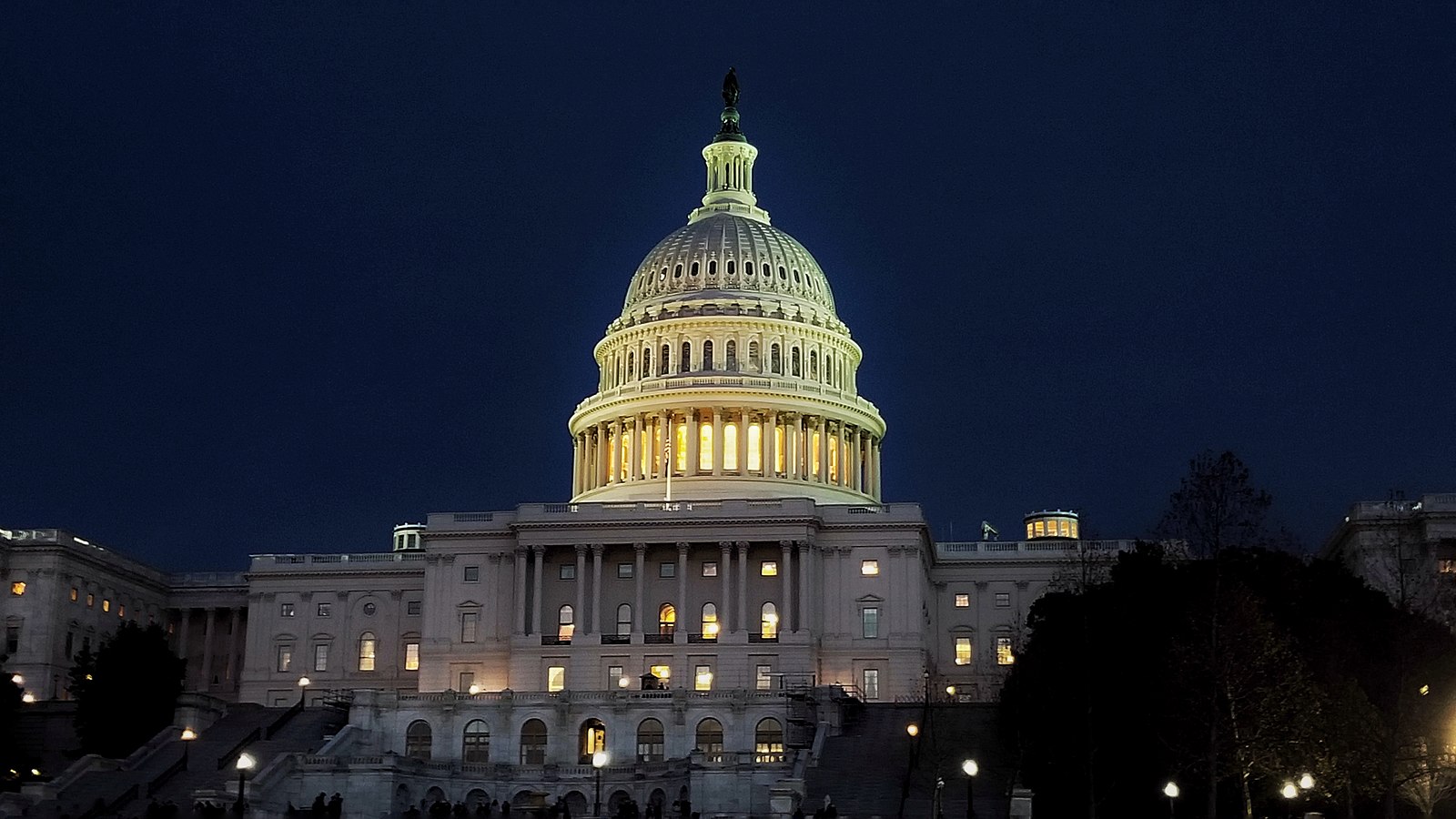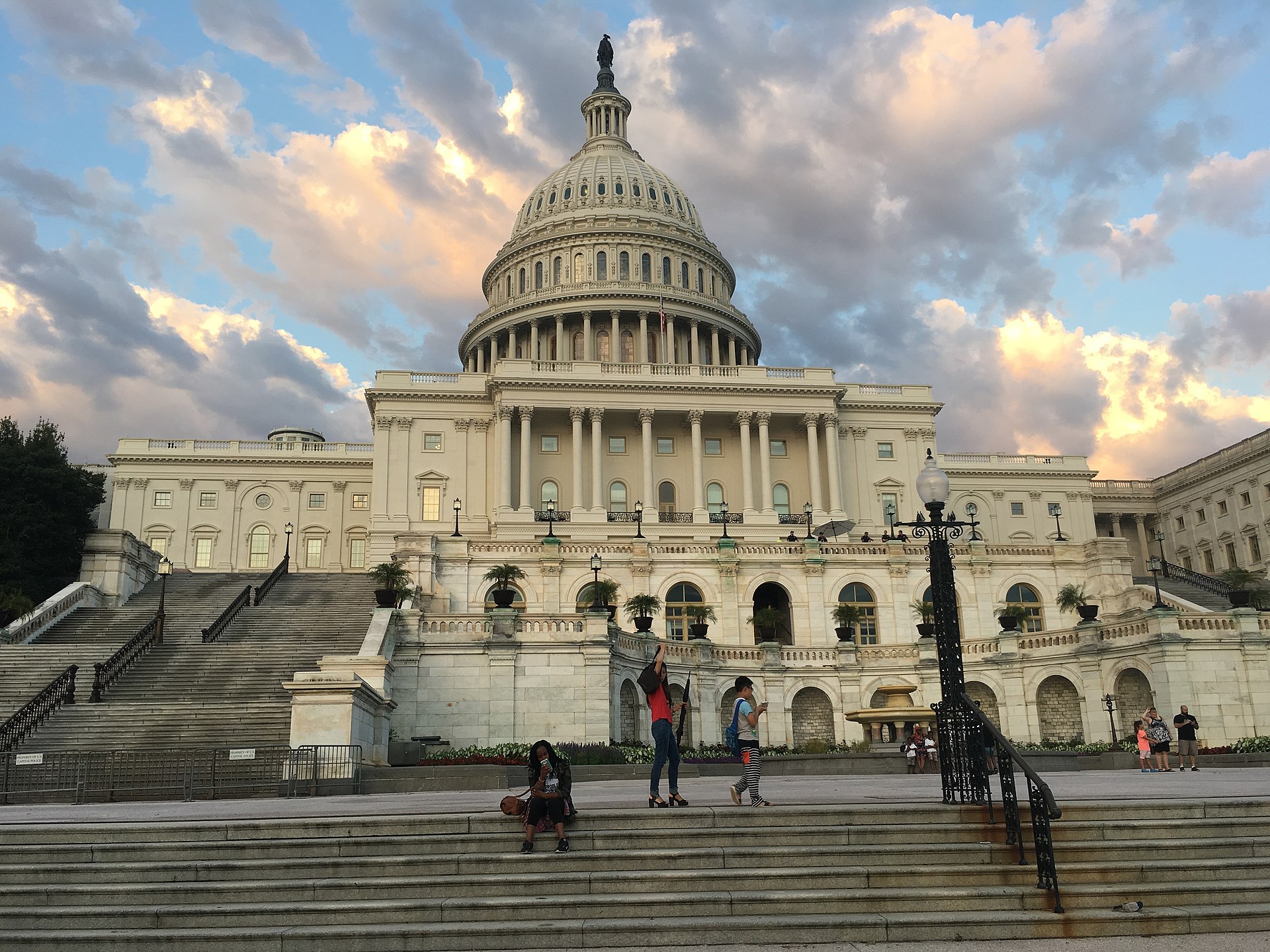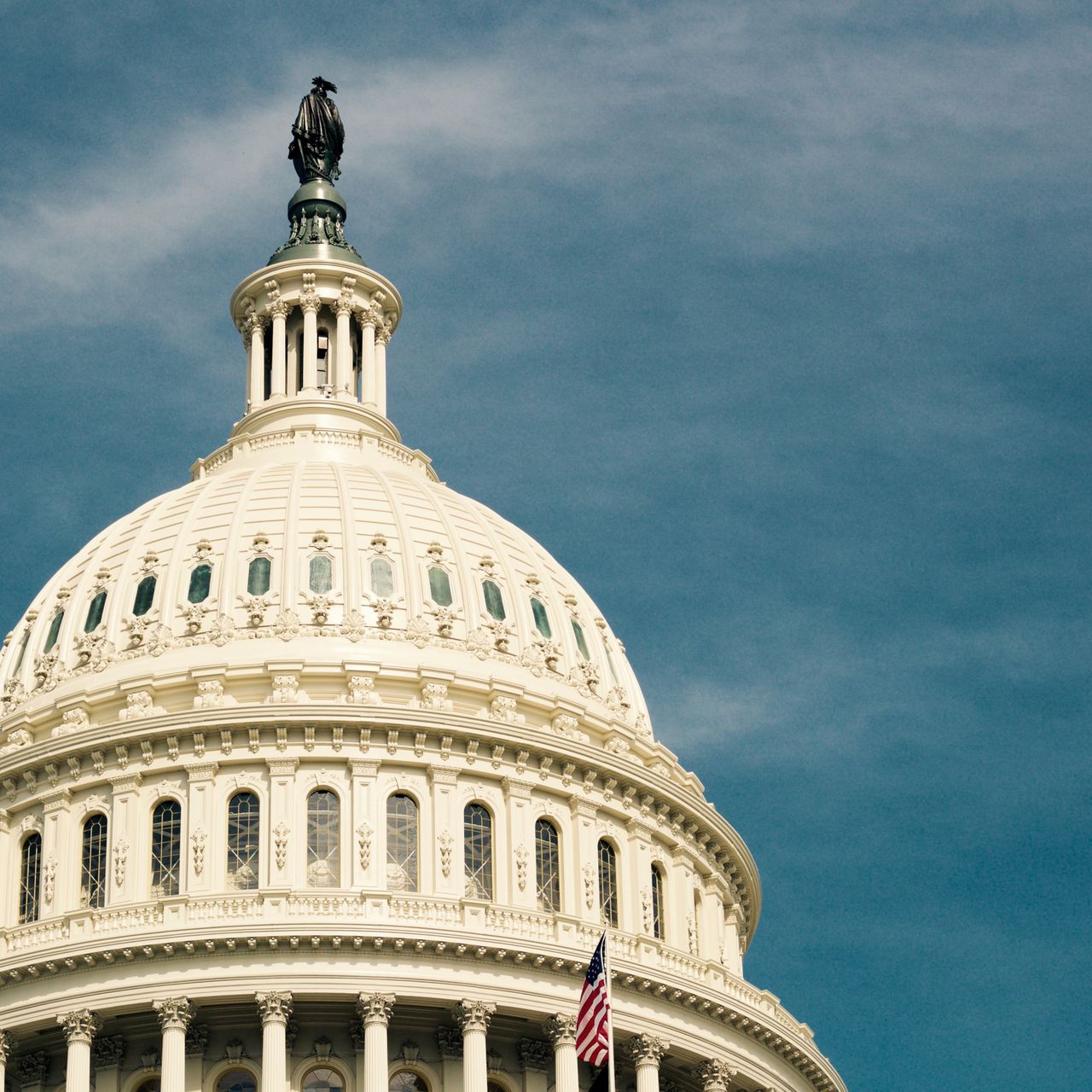Category: Federal
-
Tlaib defeats Jones in Michigan’s 13th District Democratic primary

Incumbent Rep. Rashida Tlaib defeated Brenda Jones in Michigan’s 13th Congressional District Democratic primary. With 90% of precincts reporting, Tlaib had received 66% of the vote to Jones’ 34%. The primary was a rematch. Tlaib and Jones ran against one another in both the regular and special election primaries in 2018. Jones defeated Tlaib in…
-
Incumbent McSally receives Republican nomination in Arizona’s special U.S. Senate election

Incumbent Sen. Martha McSally defeated Daniel McCarthy and write-in candidate Sean Lyons in the Republican special primary election for U.S. Senate in Arizona on August 4, 2020. The special election was called to fill the rest of the 2017-2022 term that John McCain (R) was elected to in 2016. McCain died of cancer on August 25, 2018. Gov. Doug…
-
Previewing Tennessee’s U.S. Senate Republican primary

Fifteen candidates are running in the Republican Party primary for U.S. Senate in Tennessee on August 6, 2020. Incumbent Sen. Lamar Alexander (R-Tenn.), first elected in 2002, is not running for re-election. Two candidates—Bill Hagerty and Manny Sethi—lead in media attention, noteworthy primary endorsements, advertisement activity, and campaign spending. CNN‘s Alex Rogers and Manu Raju wrote that the primary “resembles the…
-
Previewing Tennessee’s 1st Congressional District Republican primary

Sixteen candidates are running in Tennessee’s 1st Congressional District’s Republican Party primary on August 6, 2020. Incumbent Rep. Phil Roe (R), first elected in 2008, is not running for re-election. Five candidates—John Clark, Rusty Crowe, Josh Gapp, Diana Harshbarger, and Timothy Hill—lead in fundraising and advertisement activity. The top three fundraisers—Harshbarger, Gapp, and Clark—have largely self-financed their campaigns. Self-contributions made up 89% of…
-
Ballotpedia releases federal judicial vacancy count for July 2020

In this month’s federal judicial vacancy count, Ballotpedia tracked nominations, confirmations, and vacancies to all United States Article III federal courts from July 2, 2020, to August 3, 2020. Ballotpedia publishes the federal judicial vacancy count at the start of each month. HIGHLIGHTS • Vacancies: There have been two new judicial vacancies since the June…
-
3,079 major party candidates filed for 2020 Congress elections

As of August 3, 3,079 major party candidates have filed to run for the Senate and House of Representatives in 2020. So far, 486 candidates are filed with the Federal Election Commission (FEC) to run for U.S. Senate. Of those, 383—195 Democrats and 188 Republicans—are from one of the two major political parties. In 2018,…
-
Trump has appointed second-most federal judges through August 1 of a president’s fourth year, tied with Clinton

Donald Trump has appointed and the Senate has confirmed 202 Article III federal judges through August 1, 2020, his fourth year in office. Tied with President Bill Clinton (D), this is the second-most Article III judicial appointments through this point in all presidencies since Jimmy Carter (D). The Senate had confirmed 247 of Carter’s appointees…
-
Upcoming filing deadlines for independent presidential candidates from August 3 to August 9

Although there is no formal, national deadline to file to run for president of the United States, independent presidential candidates must keep a close eye on the election calendar as each state has its own filing requirements and deadline to qualify to appear on the general election ballot. These requirements may include submitting a petition with…
-
Adkins wins Republican primary for Kansas’ 3rd Congressional District

Amanda Adkins won the Republican primary for Kansas’ 3rd Congressional District Aug. 4. With 89% of precincts reporting, she led the field of candidates with 31% of the vote. The Associated Press called the race at 9:50 p.m. CDT.
-
Meijer wins MI-03 Republican primary

Peter Meijer won the Republican primary for Michigan’s 3rd Congressional District. With 64% of precincts reporting, he led the field of candidates with 51% of the vote, followed by Lynn Afendoulis with 25%, and Tom Norton with 18%. Decision Desk HQ called the race at 8:12 p.m. Central Time.

